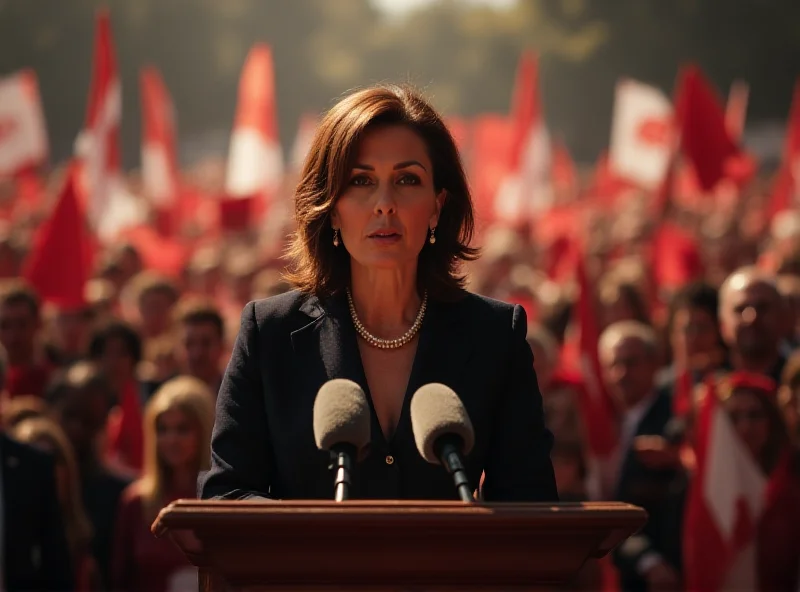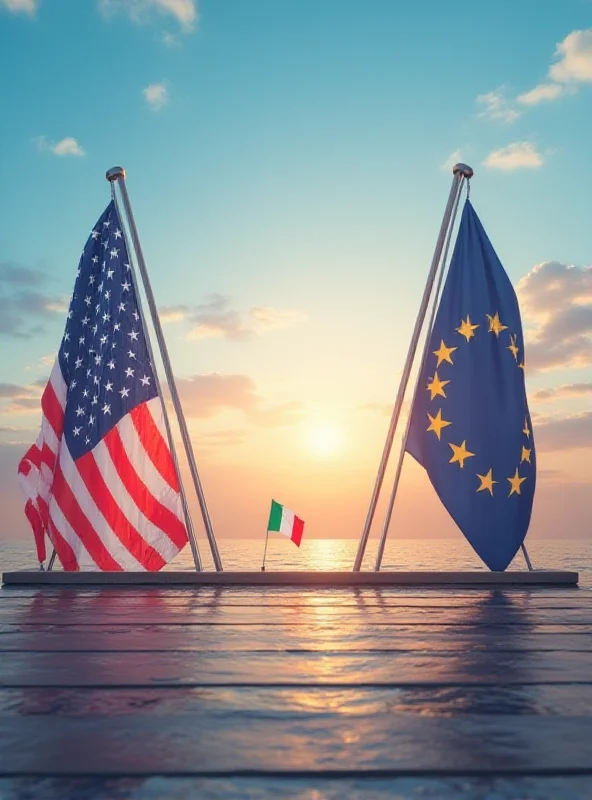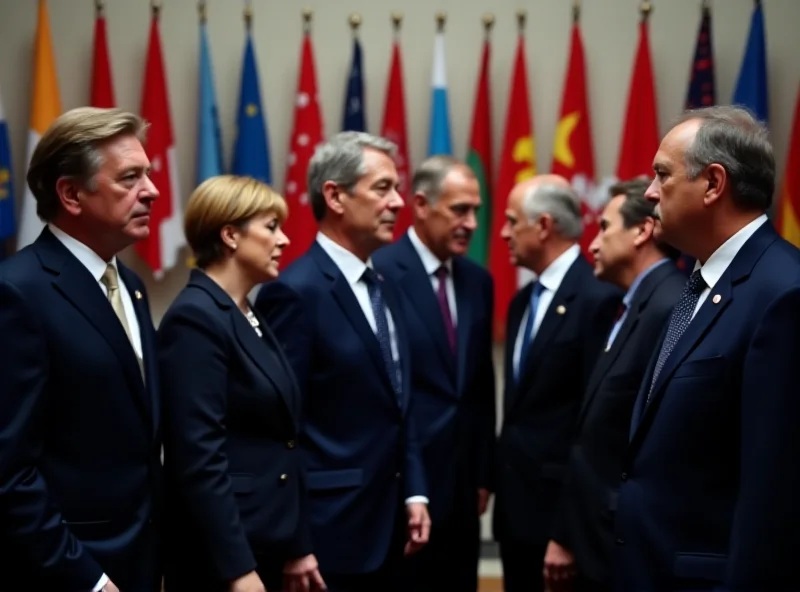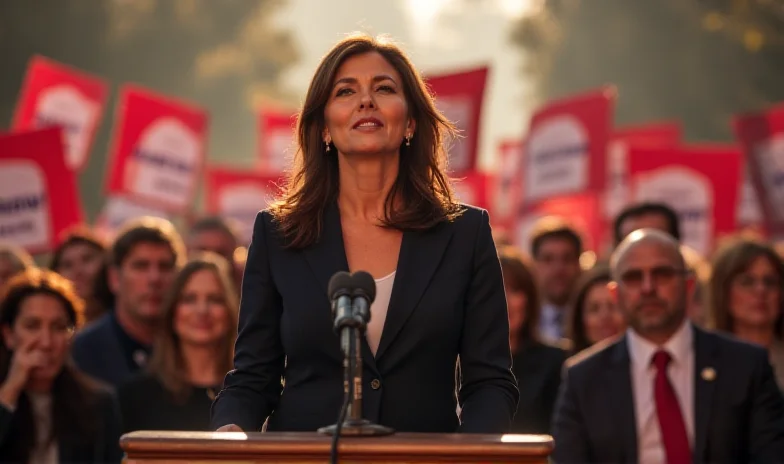Europe faces significant demographic challenges, and the rise of right-wing ideologies presents a unique perspective on the issue. Italian Prime Minister Giorgia Meloni, along with other European leaders like Viktor Orbán and Marine Le Pen, are advocating for policies that encourage European couples to have more children. This push is often framed as a nationalistic duty, aimed at combating population aging and maintaining cultural identity. This stance also often intertwines with anti-immigration policies, creating a complex and often controversial political environment.
Motherhood as a Nationalistic Duty
The idea of linking motherhood to nationalism is gaining traction in some circles. These leaders argue that a declining birth rate threatens the future of European nations and that encouraging procreation is essential for preserving their cultural heritage. “Europe needs babies,” is a sentiment often repeated, framing the issue as a matter of national survival. This viewpoint has also resonated with some in the United States, particularly within circles aligned with Donald Trump.

However, critics argue that such policies can be discriminatory and overlook the complex social and economic factors that influence family planning decisions. They contend that focusing solely on increasing birth rates ignores the need for comprehensive support systems for families, including affordable childcare, parental leave, and equal opportunities for women.
Meloni as a Mediator
Beyond domestic policies, Giorgia Meloni has also positioned herself as a mediator on the international stage, particularly in the context of the Ukraine war. She has sought to bridge the gap between the United States and the European Union, advocating for a unified Western approach to the conflict. However, this role has been met with challenges, as Meloni often finds herself isolated in her attempts to balance the differing interests of these major powers. Despite the difficulties, Meloni remains committed to the idea of a united "West," emphasizing the importance of transatlantic cooperation for global security.

Meloni's alignment with certain aspects of Donald Trump's ideology further complicates her role. She has consistently emphasized the importance of American protection for Italy's security, a stance that reflects a broader commitment to the transatlantic alliance. However, this position has also drawn criticism from those who believe that Europe should prioritize its own defense capabilities and pursue a more independent foreign policy.
Navigating a Divided West
In a world increasingly characterized by geopolitical tensions and ideological divides, Giorgia Meloni faces the daunting task of navigating these complex challenges. Her efforts to promote nationalistic procreation policies within Europe, while simultaneously seeking to bridge the gap between the US and the EU, highlight the delicate balancing act required of leaders in today's global landscape.

Whether she can succeed in these endeavors remains to be seen, but her actions underscore the significant role that Italy and its leader play in shaping the future of Europe and the transatlantic relationship.
A recent book, "Brothers of chat, the secret history of Giorgia Meloni's party," explores the history of Meloni's political party, providing further insight into her rise to power and the challenges she faces.
